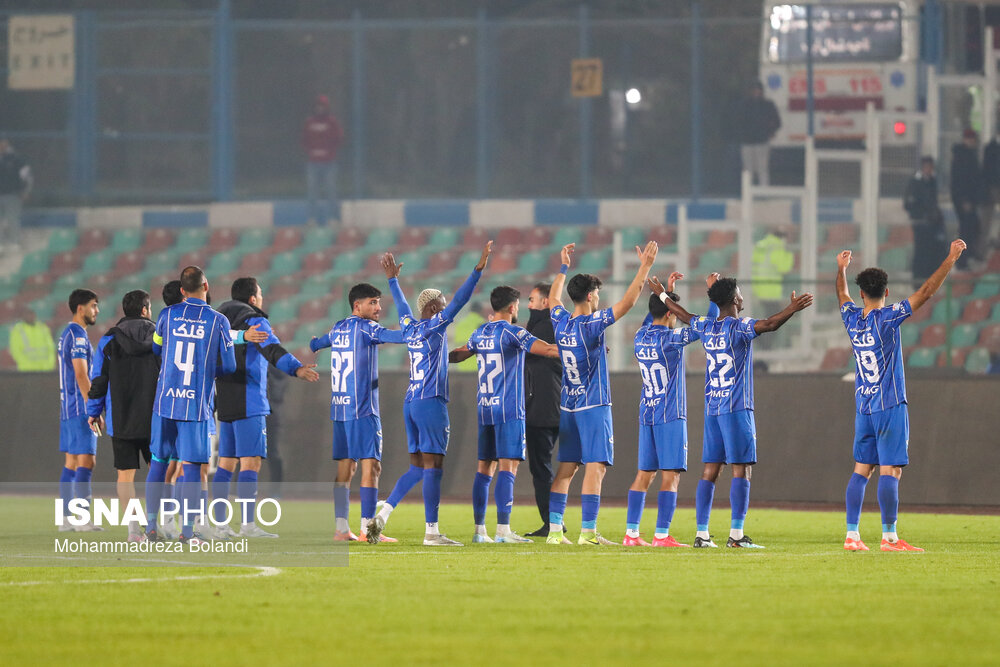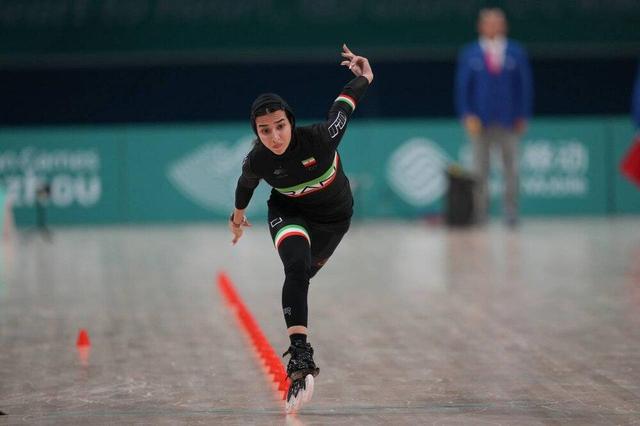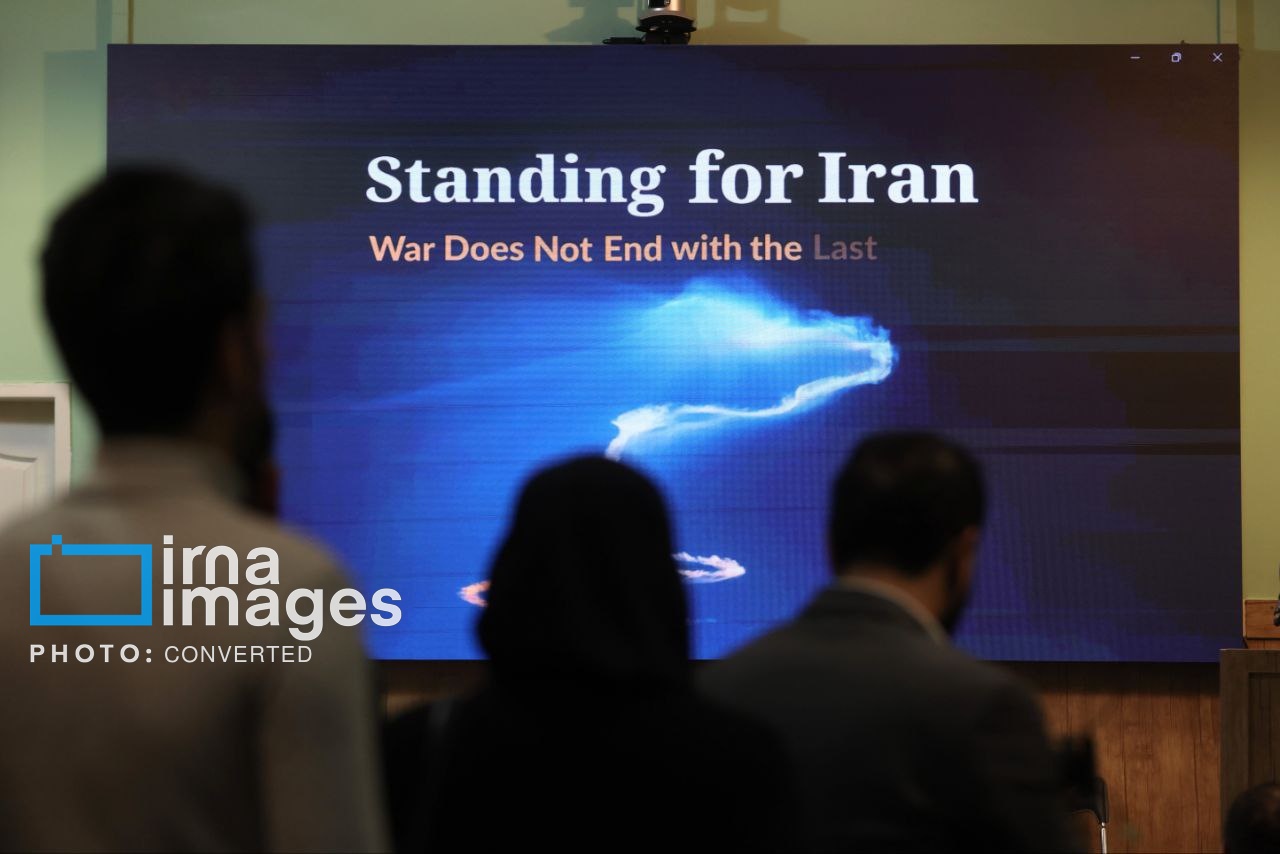Ireland's outspoken new president may push boundaries on Gaza
Ireland's outspoken new president may push boundaries on Gaza

Here’s something I’d never seen before: Palestinians on social media enthusiastically celebrating the result of an Irish presidential election.
Yet that’s exactly what happened over the weekend when Catherine Connolly, an independent parliamentarian and devoted supporter of Palestine, stormed to victory with a thumping majority.
More than two years into Israel’s genocide, with the Israeli army continuing to kill Palestinians despite the ceasefire with Hamas, it’s unsurprising that Gaza loomed large during the campaign in a country notable for pro-Palestine sympathies.
As Connolly’s win became clear on Saturday, supporters of Palestine around the world expressed hope that the softly spoken, yet fiercely articulate, 68-year-old would leverage her new platform to make herself heard on the international stage.
Sadly, it won’t be quite that simple.
Ireland is a parliamentary republic, and the presidency is a largely ceremonial position without political power. In fact, presidents are expected not to be outspoken and never to undermine the government of the day. Essentially, they are supposed to play nice.
That model, though, was somewhat upended when Mary Robinson became president in 1990 as the first woman and youngest-ever holder of the office. Up to that point, the presidency was considered a job for the boys; a cushy retirement gig for loyal servants to Ireland’s biggest political party, Fianna Fail. Press some flesh, play a little golf, head off on jollies around the world, and live in a nice big house.
Voice of Ireland
Robinson, though, was different. A lifelong warrior for social justice, she had opinions, ideals, and things she wanted to do. While acknowledging she had little real power, she said she drew “moral authority” from the fact that, though ceremonial, the president was not appointed, but elected by the people.
She made women’s rights and reaching out to Ireland’s considerable diaspora key personal missions. Robinson wasn’t afraid of controversy, either. She shook hands with the once public face of the Irish Republican Army, Gerry Adams, on a visit to Belfast, against the advice of Ireland’s foreign minister and amid frenzied criticism.
Internationally, too, she made an impact. She insisted to the government that she visit Somalia during its 1992 famine and, despite their reservations, she became the first head of state to do so, later delivering an emotional account of what she had seen. It was an address that raised eyebrows for what was seen as criticism of western governments. Robinson, though, managed to thread the needle.
She quickly became the face of Ireland to the world, and the voice of its people. She was hugely popular for it, leaving office with a 93 percent approval rating.
Robinson, in effect, grew into an ethical beacon for the Irish people - and that could provide a powerful blueprint for Connolly’s own interests in foreign affairs.
Make no mistake. In a country that has been dominated politically by two centrist parties since independence, the new head of state’s views are radical.
She is anti-Nato, has accused the European Union of militarism and imperialism, and said that Ireland cannot trust allies such as the US, England and France.
Criticism of American power trips easily off Connolly’s tongue, something of a taboo for mainstream Irish politicians, given the country’s traditionally close relationship with Washington and the presence of almost 1,000 US firms in Ireland.
In 2018, during the war in Syria, she joined a delegation to the country approved by the government of former President Bashar al-Assad - a trip critics say legitimised his rule. Connolly later said she had never supported Assad, and she has noted in Ireland’s parliament, the Dail, that his government committed “appalling war crimes”. She also opposed sanctions against the country, saying they were not targeted, and citing the World Health Organization on harm to civilians.
History of colonisation
But it is on Gaza that the former barrister has been most vocal when it comes to international relations over the last two years. Connolly is unequivocal: Israel is a “terrorist state” committing a “genocide”. She has regularly worn a Palestinian flag scarf to parliament and has been a powerful speaker at pro-Palestine rallies.
Even on Hamas, a red line for many progressive politicians in the West, she has been unapologetic. On the question of whether the group should be involved in the future of Gaza, Connolly said it wasn’t the business of western leaders. Hamas is “part of the fabric of the Palestinian people”, she said.
Ireland’s new president is a politician of conviction who has shown herself completely unafraid to take strong positions, whatever the backlash
“I come from Ireland which has a history of colonisation. I would be very wary of telling a sovereign people how to run their country,” Connolly told BBC Radio Ulster.
It’s also important to give credit to outgoing president Michael D Higgins. He has been - as he was for decades before becoming president - outspoken on Israel’s war crimes, and called accusations of antisemitism levelled at critics of Israeli Prime Minister Benjamin Netanyahu “a disgrace and a slander”.
And again, aside from tantrums from some on Ireland’s more extreme-right flanks, he has remained immensely popular.
But Connolly is an even more unrestrained voice - and that has rattled Israel supporters, as is plain from both social platforms and some sections of western media.
Though the Irish government has been markedly critical of Tel Aviv and was the first country in the West to call Israel’s assault on the Palestinian people a genocide, for many activists, Connolly included, it hasn’t gone far enough.
In particular, a long-delayed bill to ban trade with Israeli businesses in the occupied Palestinian territories has caused friction, as the government seeks to water it down to include goods but not services.
Politician of conviction
Now that Connolly is set to be president, she will have to hold her nose and sign into law bills that she disagrees with, and she has reassured the public and government that she will do so without question.
She’s also been clear on another duty she may find hard to stomach.
When asked how she would receive US President Donald Trump, who she has publicly said is funding the genocide, Connolly said she would meet “anyone that the government invites into the country - that will be part of my role”.
She added: “If it’s just a meet and greet, then I will meet and greet. If the discussion is genocide, that’s a completely different thing.”
While it’s unlikely that Gaza would come up in a meeting with a ceremonial president, that last sentence will have been cold comfort to the more centrist elements in Irish politics who worry Connolly will harm the country’s relations with western powers.
Ireland is a small country, but it has always punched above its weight in the international arena - so despite protestations from Israelis that it doesn’t matter, the position of Irish president provides a pulpit for appealing to the world.
The proof will be in the pudding, and we can’t entirely predict the shape her seven-year term will take. But Ireland’s new president is a politician of conviction who has shown herself completely unafraid to take strong positions, whatever the backlash.
It’s a safe bet that Connolly will attempt to take a Robinson-like route when it comes to Gaza. And if she does, most Irish people will be squarely behind her.
The views expressed in this article belong to the author and do not necessarily reflect the editorial policy of Middle East Eye.













